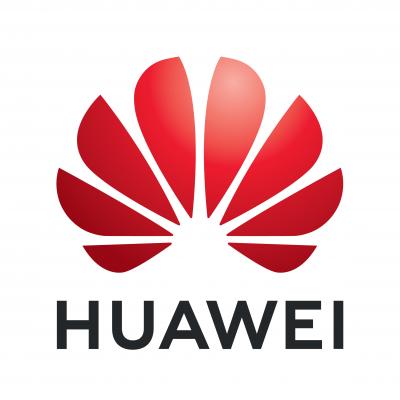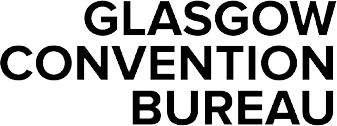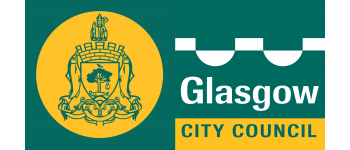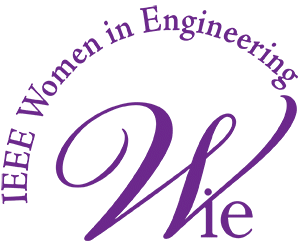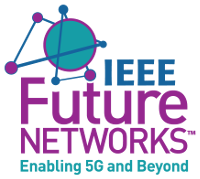Workshop Co-Chairs
- Yuanwei Liu, Queen Mary University of London, UK
- Wei Chen, Beijing Jiaotong University, China
- Xidong Mu, Queen Mary University of London, UK
- Xiaolan Liu, Loughborough University, UK
Scope of the workshop
Multiple access (MA) is one of the fundamental technologies in wireless networks, which enables a large number of user terminals to be simultaneously served given the available radio resources. Previously, MA schemes can be classified into orthogonal multiple access (OMA) and non-orthogonal multiple access (NOMA), which are distinguished by whether multiple users are allocated with orthogonal frequency/time/code resources or not. As discussed above, next-generation wireless networks have to not only satisfy stringent communication requirements but also have to connect heterogeneous types of devices, provide ubiquitous coverage, integrate diverse functionalities, and support native intelligence. In line with this, advanced MA schemes have to be developed, namely next-generation multiple access (NGMA). The key concept of NGMA is to intelligently accommodate multiple terminals and multiple services in the allotted resource blocks in the most efficient manner possible considering metrics such as resource efficiency, connectivity, coverage, and intelligence. However, given the limited radio resources and the stringent rate/latency/connectivity requirements, NGMA necessitates the paradigm shift from grant-based OMA to non-orthogonal/massive/random/grant-free multiple access and other possible multiple access for 6G, Moreover, the development of NGMA has also to be jointly considered with new enabling technologies, new spectra, advanced artificial intelligence (AI) tools/native intelligence, etc.
Topics of Interest
This workshop focuses on attracting novel and solid contributions on the emerging topic of NGMA for future wireless communications. Both theoretical and more applied contributions are solicited, covering, but not necessarily limited to, the following topics:
- Advanced channel coding and modulation for NGMA
- Massive non-orthogonal multiple access schemes
- Sourced/unsourced random access schemes
- Synchronous and asynchronous multiple access schemes
- Grant free and semi-grant free multiple access schemes
- NGMA for ultra-reliable low-latency communication (URLLC)
- Machine learning (ML)/AI aided NGMA
- MIMO/Massive MIMO assisted NGMA
- Interplay between reconfigurable intelligent surfaces (RIS) and NGMA
- Simultaneously Transmitting And Reflecting (STAR) RIS aided NGMA
- NGMA enabled mobile edge computing
- NGMA enabled semantics/task/goal-oriented communications
- Security provisioning for NGMA
- Massive non-orthogonal multiple aerial access
- NGMA for spectrum slicing and coexistence of services with heterogeneous requirements
- NGMA for emerging technologies, e.g., THz, CoMP, OTFS, VLC, integrated sensing and communications (ISAC)
- Hardware implementation challenges of NGMA
- Implementation of NGMA in 6G applications, e.g., SAGINs, VR, AR, Metaverse



